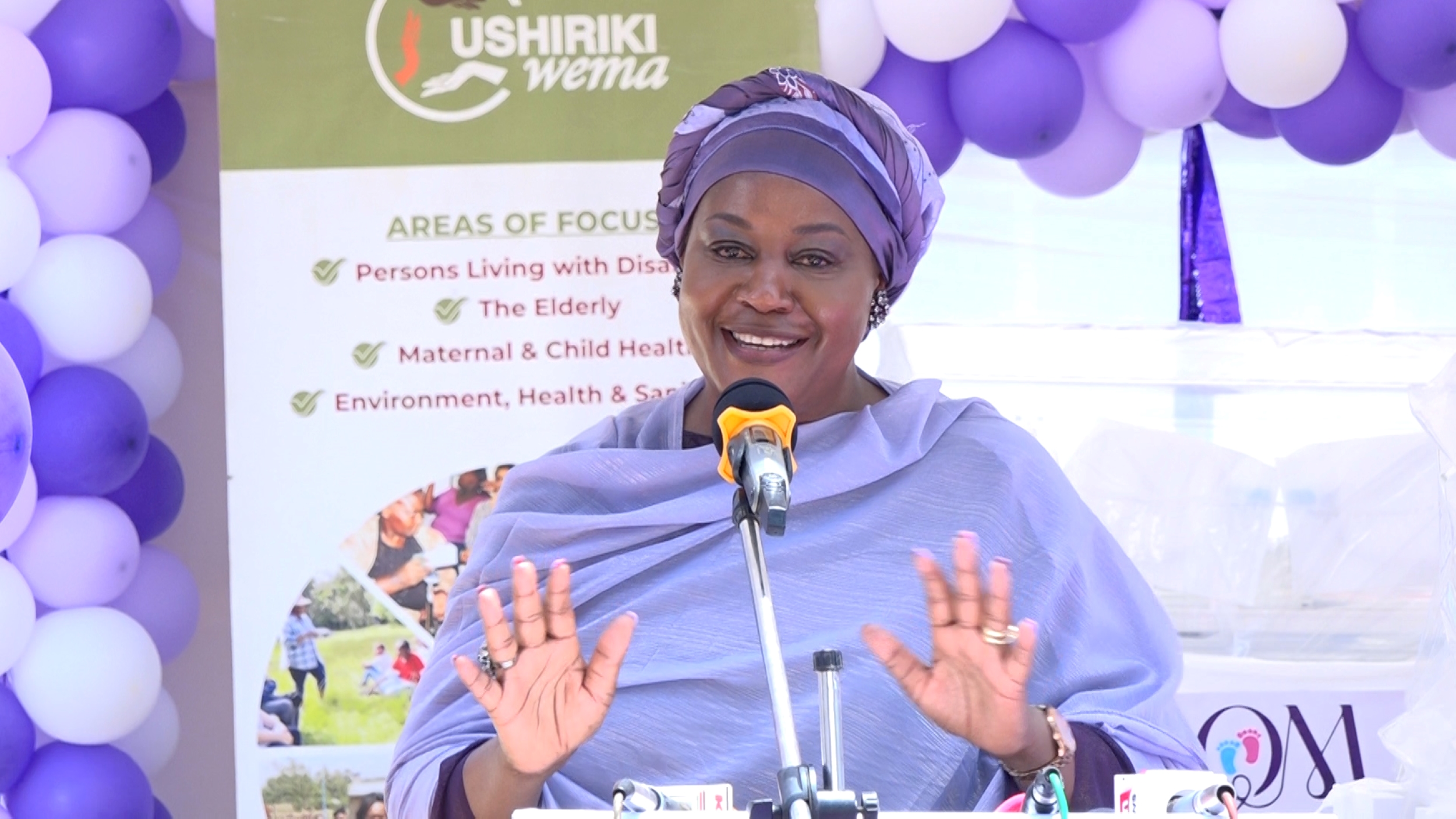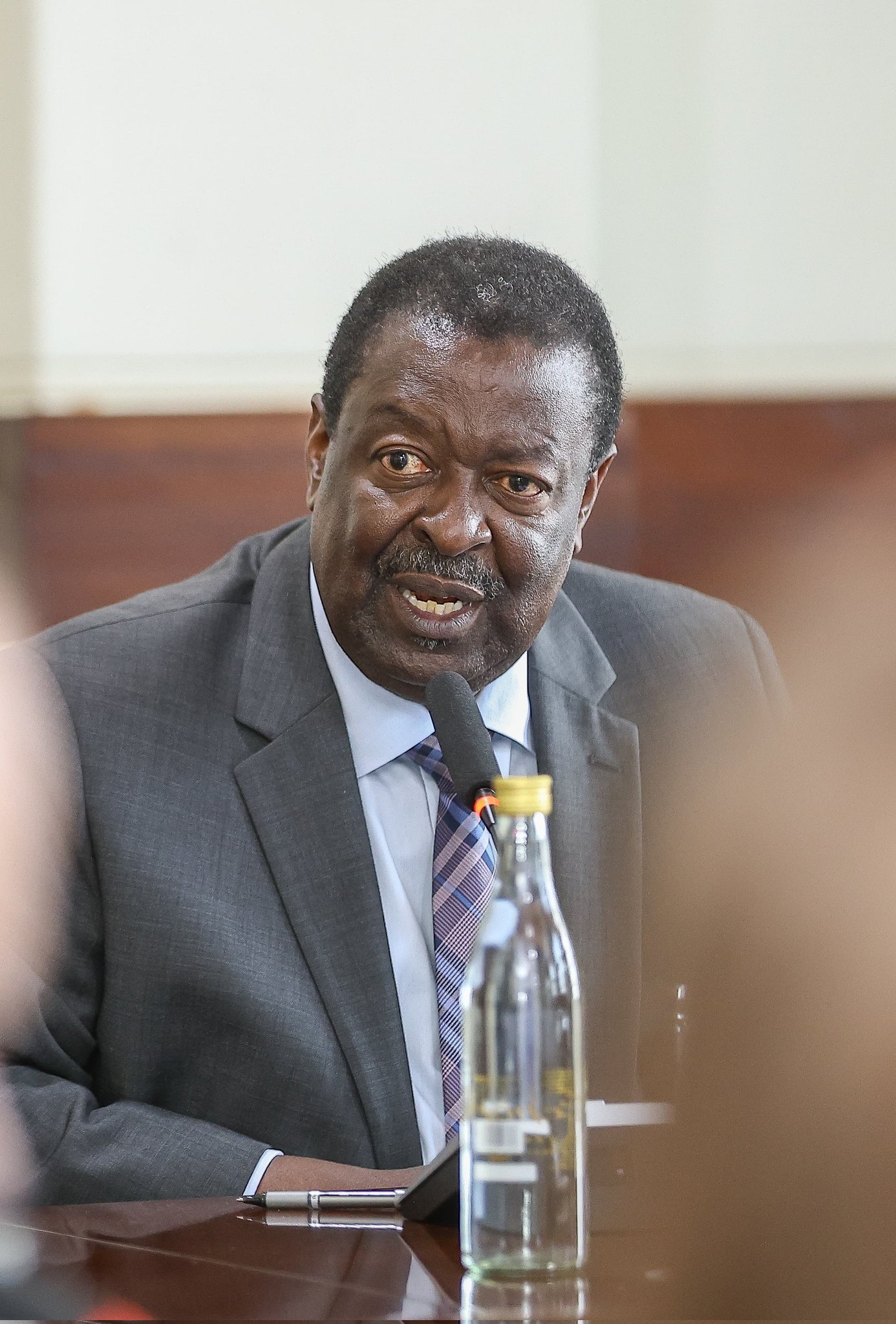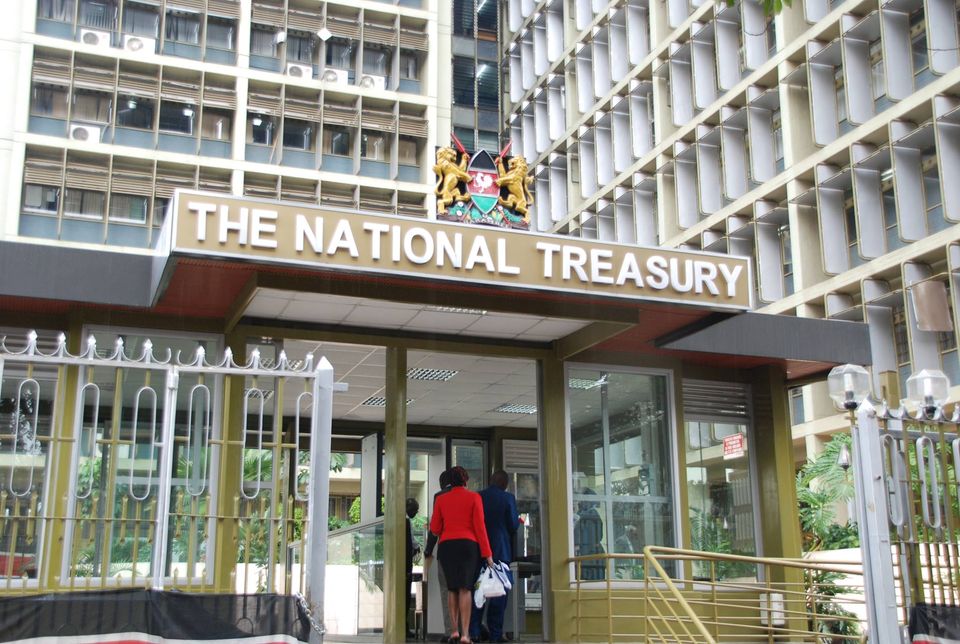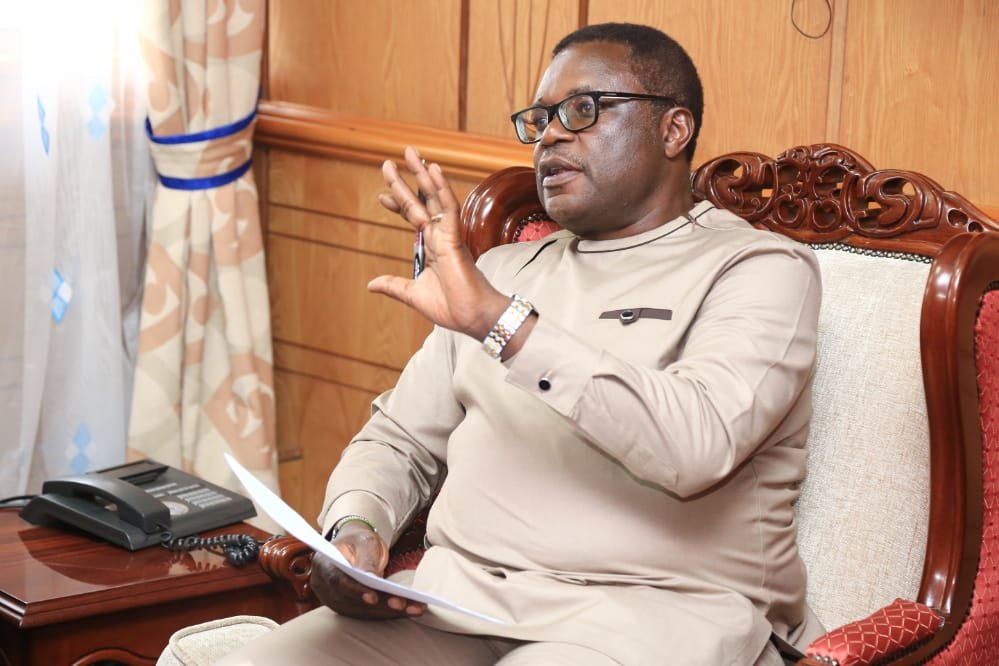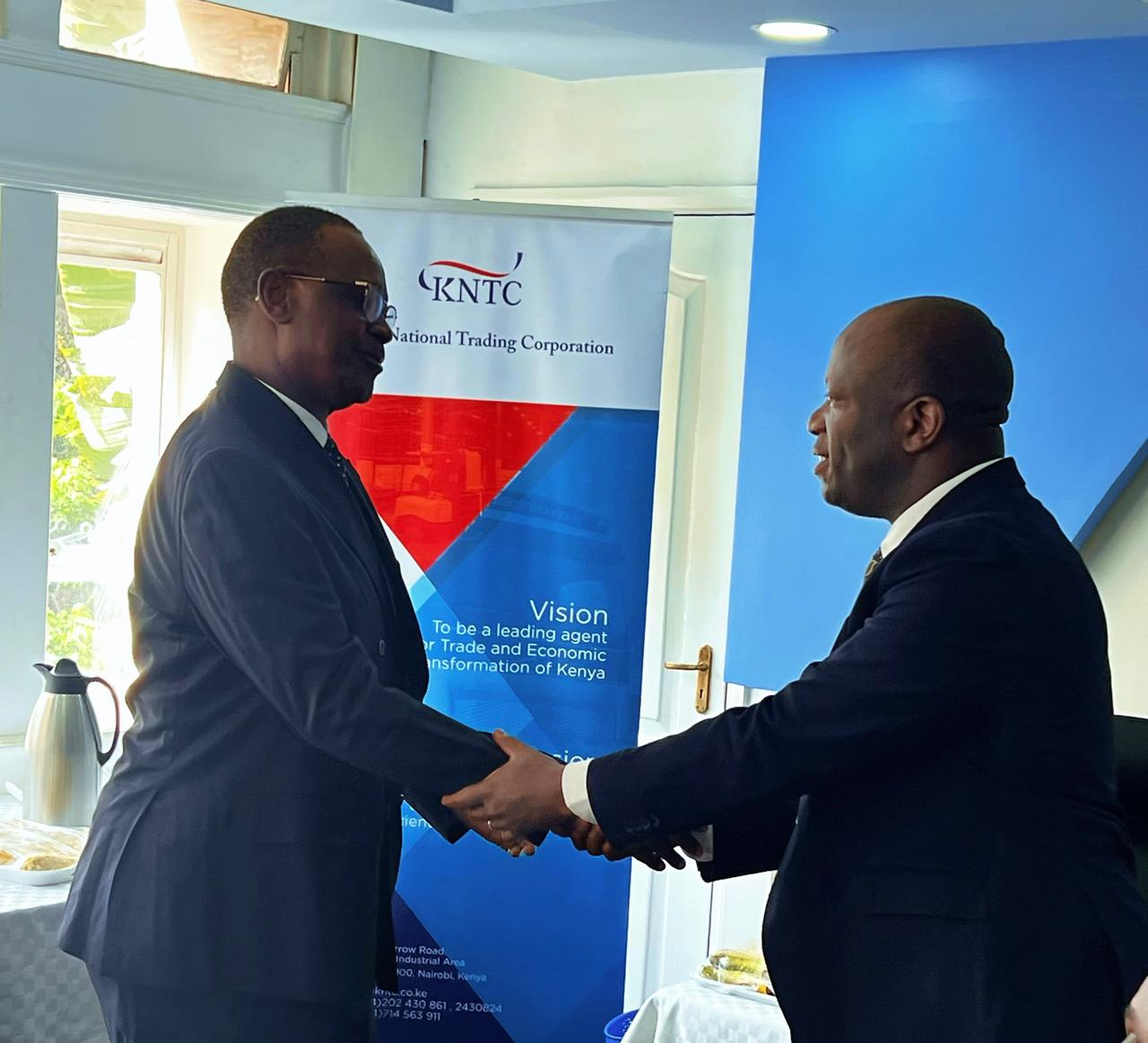Musalia Mudavadi’s wife Tessie donates incubators to 4 counties! Mrs. Tessie Mudavadi, wife of Prime Cabinet Secretary Musalia Mudavadi, marked World Prematurity Day by donating eight incubators to healthcare facilities in Kilifi, Lamu, Tana River, and Garissa counties. The donation, part of her Okoa Malaika infant pre-term aid programme, aims to improve neonatal care and support pre-term infants in Kenya.
World Prematurity Day Celebrations in Malindi
The donations were handed over during a ceremony at the Malindi Sub-County Hospital. Senior officials, including Lamu Governor Issa Timamy and Kilifi Deputy Governor Flora Mbetsa Chibule, attended the event. The occasion highlighted the importance of addressing challenges faced by pre-term infants and their families in accessing specialized neonatal care.
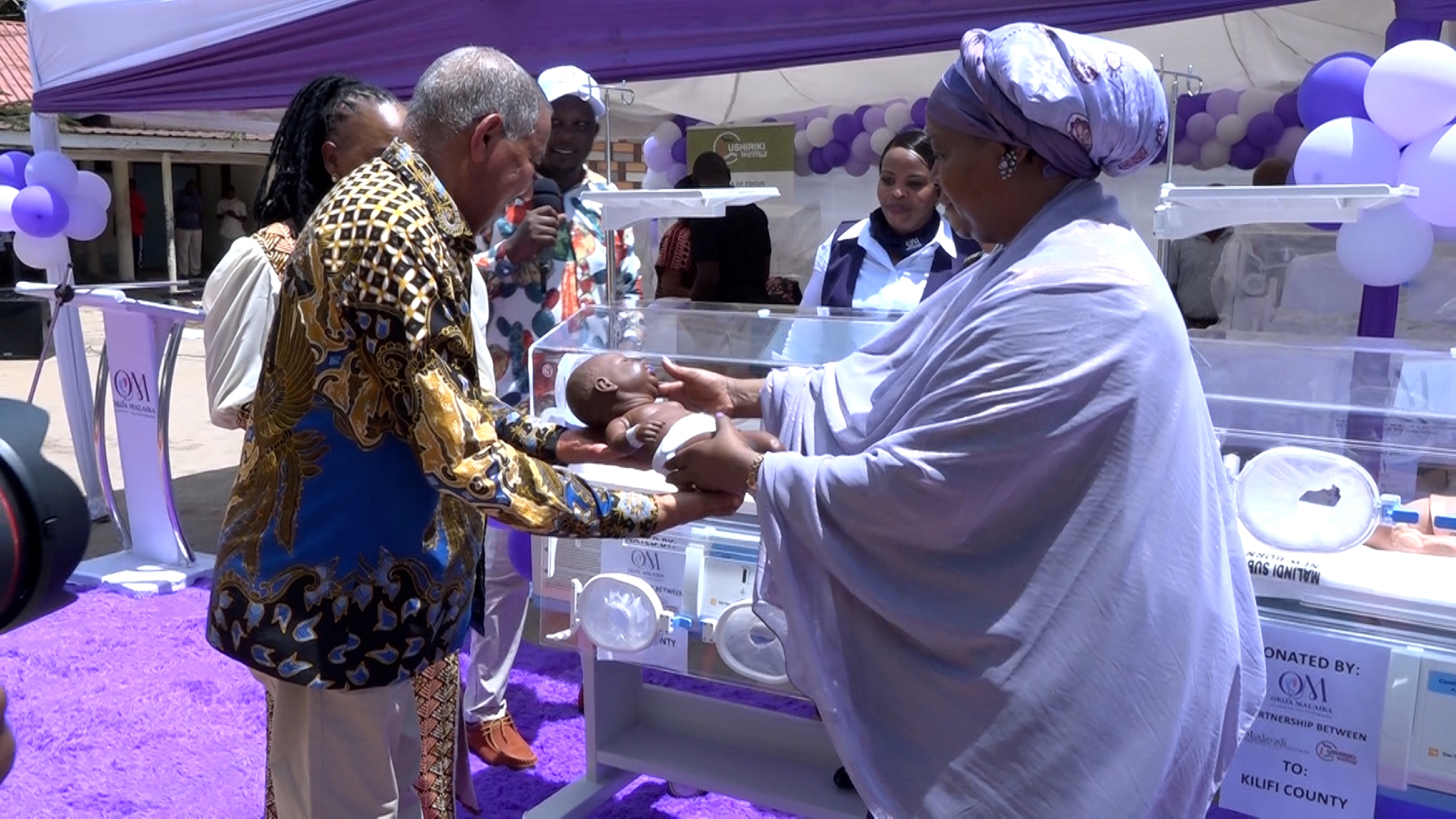
Okoa Malaika, spearheaded by Mrs. Mudavadi, focuses on distributing neonatal equipment to medical facilities to ensure the health and stability of mothers and pre-term babies. The initiative has so far reached 20 counties across Kenya, thanks to partnerships with organizations such as the Mudavadi Memorial Foundation and Ushiriki Wema.
Kenya’s Neonatal Mortality Rate and Challenges
In her address, Mrs. Mudavadi underscored the pressing need for enhanced neonatal care in Kenya. The neonatal mortality rate stands at 22 deaths per 1,000 live births, with pre-term births being a significant contributor to these fatalities.
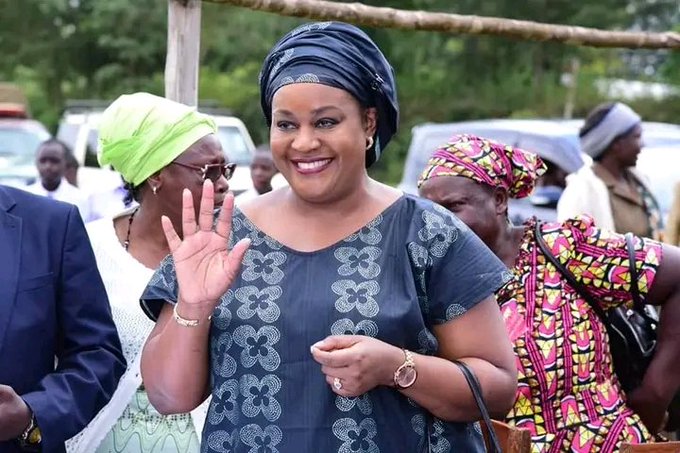
“Many families face immense challenges in accessing specialized neonatal care due to limited healthcare facilities, resource constraints, and geographical barriers,” she explained. By donating incubators, Okoa Malaika is addressing these gaps and offering critical support for vulnerable infants.
Importance of Specialized Care for Pre-Term Infants
Kilifi Deputy Governor Flora Chibule emphasized the seriousness of pre-term births, noting that without adequate care, many pre-term infants face complications or lifelong disabilities. In Kilifi County alone, 1,600 pre-term babies are born annually, accounting for 4% of live births.
“Some of these children die due to complications of early birth, while survivors often face disabilities such as learning difficulties or visual and hearing problems,” Chibule said. The incubators, she added, are a vital step toward ensuring pre-term babies receive the care they need to live healthy lives.
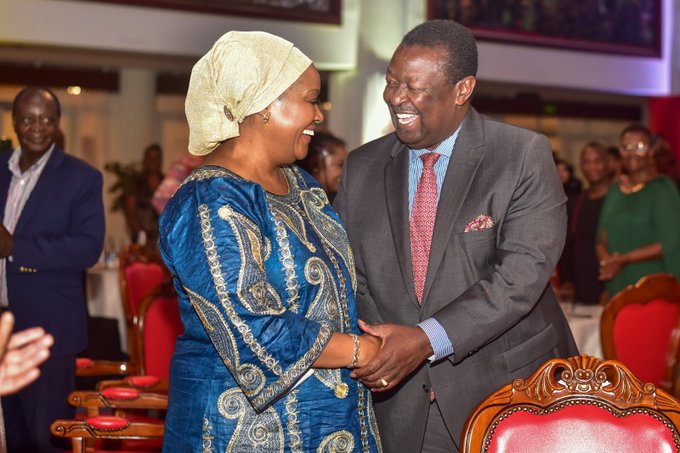
Support for Kenya’s New Health Insurance Programme
Mrs. Mudavadi also took the opportunity to advocate for the newly introduced Social Health Authority (SHA) programme, which aims to achieve Universal Health Coverage (UHC) for all Kenyans. She encouraged citizens to support the initiative, which she believes will transform healthcare accessibility in the country.
“As a nation, we are transitioning into a new health insurance platform. My humble request is that everyone plays their part and gives it the support it requires for its intended impact to be realized,” she said.
Challenges in Implementing SHA
Governor Issa Timamy acknowledged the hurdles faced during the rollout of the SHA programme but expressed optimism about its potential to improve healthcare. He urged patience and collaboration among all stakeholders.
“All of us in the health sector have a duty to educate wananchi (citizens). County health departments must organize themselves to ensure the success of SHA,” Timamy remarked. He also praised Mrs. Mudavadi’s efforts, noting that pre-term infants often lack the attention and resources they deserve.
A Call to Action for Neonatal Care
The event not only highlighted the immediate impact of the incubator donations but also called attention to the broader healthcare challenges facing Kenya. Mrs. Mudavadi’s Okoa Malaika programme is an essential step in addressing these issues, providing critical equipment to counties that often struggle with limited resources.
By combining such initiatives with the implementation of the SHA programme, leaders hope to create a sustainable healthcare system that supports even the most vulnerable populations, including pre-term infants and their families.
Conclusion
The donation of incubators by Okoa Malaika is a significant milestone in improving neonatal care in Kenya. However, achieving long-term success requires collaborative efforts to enhance healthcare infrastructure, address resource gaps, and support initiatives like SHA. Leaders like Mrs. Mudavadi, Governor Timamy, and Deputy Governor Chibule continue to champion these causes, bringing hope to families and strengthening Kenya’s healthcare system.

